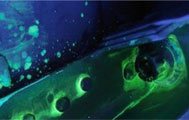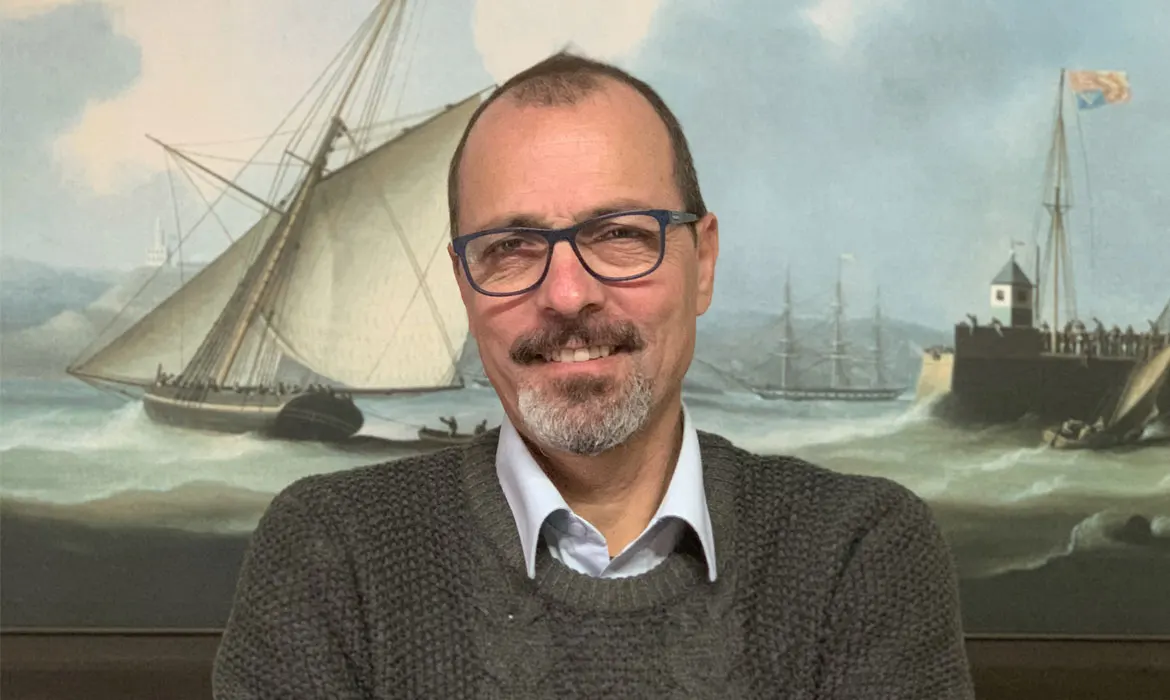Interview with Massimo Prencipe technical manager of Punto Netto
News: Massimo Prencipe, graduated in Electronic Engineering from Federico II, has been working in Non Destructive Testing in General Industry for 30 years with some various experiences in the Automotive, Aerospace and architectural recovery and restoration sectors. In 2010 he founded "Ndi Tec", a company specialized in the certification and training of 1st and 2nd level personnel and in 3rd level technical consultancy in both non-destructive and instrumental diagnostics.
«Non-Destructive Testing are those methodologies that allow to assess the conformity of a manufactured product to certain technical specifications. A difference is made between surface and volumetric methods according to whether the integrity of the surface of a manufactured product or the internal defects of a material are to be verified.
The greatest advantage of non-destructive testing is that it does not modify the item to obtain conformity assessment. They keep the aspect , the physical and geometrical structure unchanged and, therefore, in case of conformity the product can be used for this purpose. In addition, the PnD allow to guarantee, during the working phase, that the manufactured product meets the design requirements. The control is evaluated for each single element and in this way there is no loss. Where the product is a prototype, the correct manufacture is validated by the positive result of the non-destructive test. ».
«In the General Industry sectors, the most used non-destructive tests in addition to Visual Testing are Penetrant Liquids and Magnetoscopy. These techniques allow, for example, a perfect evaluation of a welded joint and can provide an essential analysis for all carpentry activities. The same argument regarding die-cast or forged products. In that case, however, Ultrasound and X-rays are also used. In the maintenance of components that are in use and that need periodic checks - as it happens in the Aerospace sector - induced currents and penetrating liquids represent the most used non-destructive tests.
Finally, in the construction industry, in architectural recovery and restoration, the method of Infrared Thermography is the method most widely used
».
«It's not a stretch. These are very specific controls and each diagnostic method has its own defined use and can be applied to a specific sector generating an advantage to the production. I'm thinking for example of infrared thermography, a test that in itself can have an important positive environmental impact since it allows to detect excessive energy and dispersion.
The control allows to reduce the thermal dispersion in the products and this can have consequences, for example, on costs, working hours, machinery and products. In short, you can improve quality but also optimize resources and reduce waste. Obviously, in order to carry out non-destructive checks that can facilitate this reasoning, the personnel must be certified. For example, in general industry, the accrediting body is Accredia and the reference standard is UNI EN ISO 9712, which certifies the personnel who carry out Non Destructive Testing. This gives back to the customer the security of having chosen an operator who is competent for that method and for that type of product».
«Our collaboration was born thanks to Dr. Marco Monica who contacted me 4 years ago. We immediately activated a series of third level consultancy for Ultrasound activities and then, afterwards, Non Destructive Testing with the method of induced currents in the Automotive sector. Starting, from there, a fruitful partnership was a natural step. The company of engineer Gaetano Griso has allowed us to expand our range of action since Punto Netto is present throughout Italy and opens a new window from which we have a larger vision of the sector to which we turn».
«That's right, we signed a consulting contract. In this way, all activities related to Non Destructive Testing will be supervised by me in order to guide the growth path of Punto Netto in compliance with the relevant regulations. In 30 years of activity I have had the opportunity to know many realities closely, but to see in Campania and, more generally, in the South of Italy a business initiative as far-sighted and careful as that of Punto Netto, which grows and gains space as well as being able to see over and above the simple execution of a control, is particularly challenging. Engineer Griso strongly believes in the training of his employees. Investing in skills is therefore essential».



 Among the many services provided by Equity Point stand out the non-destructive testing, with Penetrating liquids, Ultrasound and Magnetic Particle.
Among the many services provided by Equity Point stand out the non-destructive testing, with Penetrating liquids, Ultrasound and Magnetic Particle.




